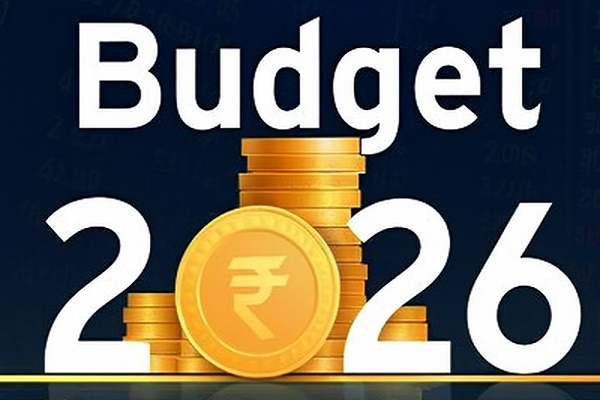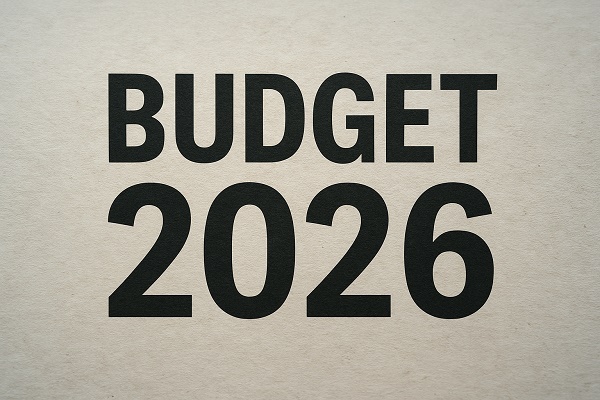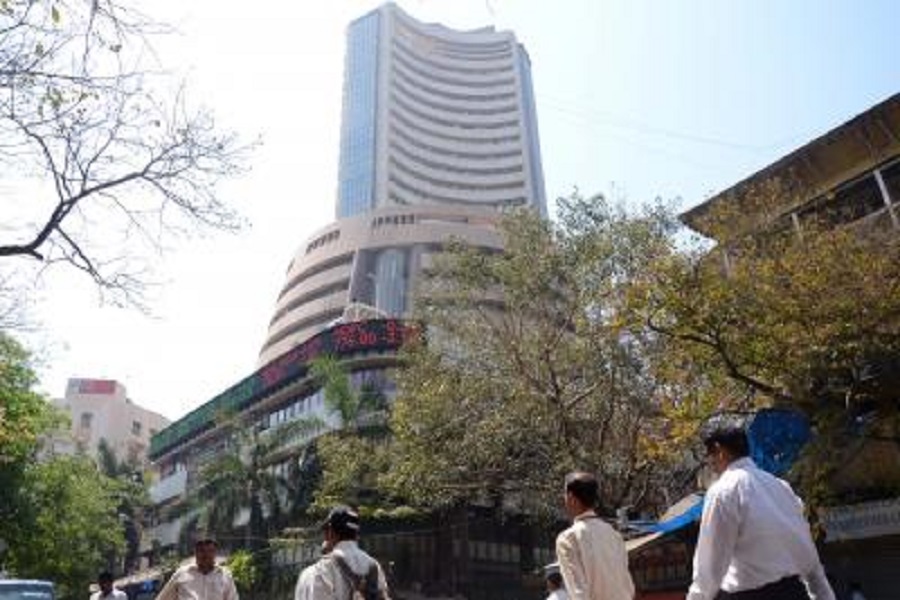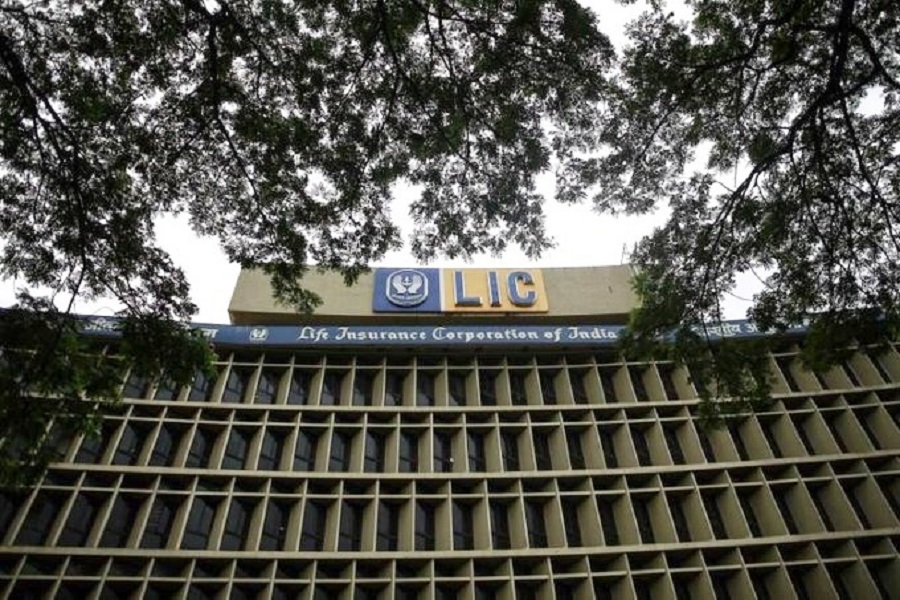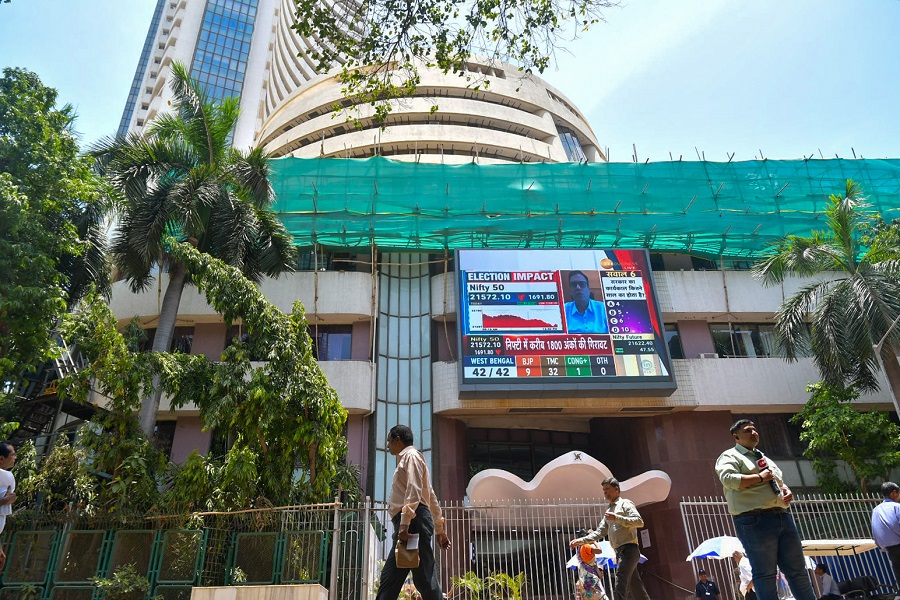Indian shares slip on caution over valuations, hawkish cenbanks
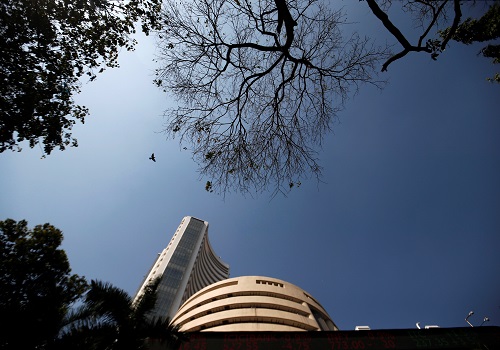
Indian stocks ended lower on Thursday as investors turned cautious of high valuations with benchmark indexes at near-record levels, while fears of prolonged hawkishness from global central banks weakened sentiment.
The 30-stock Sensex rose as much as 0.12% to a new record high of 63,601.71 in pre-open trading, before reversing the gains.
It closed 0.45% lower at 63,238.89, while the 50-stocks Nifty 50 fell 0.45% to 18,771.25.
The Nifty came within one point of its all-time high level during the session. The broader midcap and smallcap indexes lost 1.06% and 0.76%, respectively.
The indexes have rallied recently on strong domestic growth data, cooling inflation, foreign inflows and healthy corporate earnings, but the gains have sparked concerns over valuation.
"The risk-reward ratio for traders is adverse as we are at the upper end of the market, both in terms of technicals and valuations," said Amit Kumar Gupta, founder at Fintrekk Capital.
"It is advisable for short-term investors to take some profit from broader markets."
Eleven of the 13 major sectoral indexes declined.
Heavyweight Reliance Industries fell over 1%, dragging the energy index down 1%.
U.S. Federal Reserve Chair Jerome Powell reiterated the possibility of two 25-basis point hikes this year.
The Bank of England is expected to hike rates by a quarter point or half a point to tackle inflation in its monetary policy decision scheduled later in the day.
IT stocks, which earn a significant share of their revenue from the United States, declined on Thursday.
Brokerage Morgan Stanley said the near-term outlook of IT firms remains challenging and warned of a revenue slide in the June quarter.
Meanwhile, Fitch Ratings raised its growth forecast for the Indian economy to 6.3% for the current fiscal year from 6% earlier.
